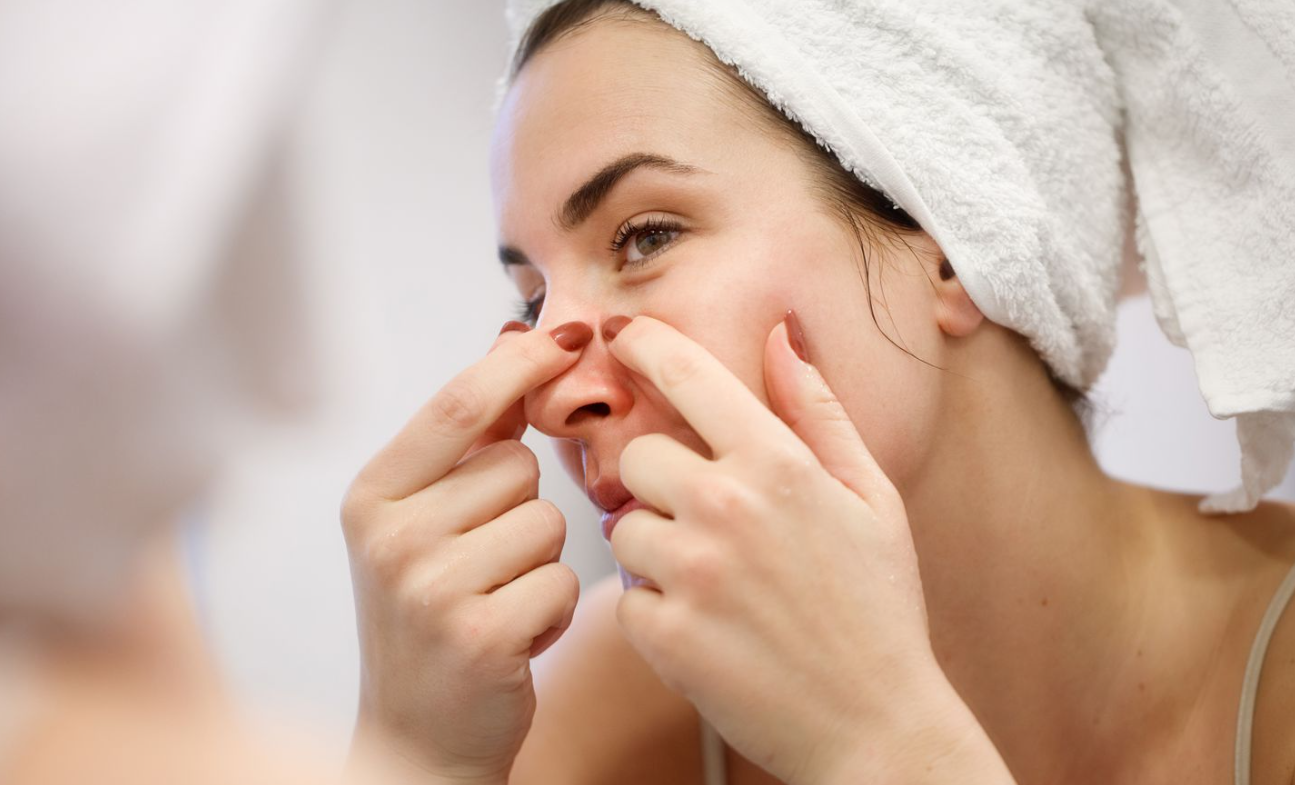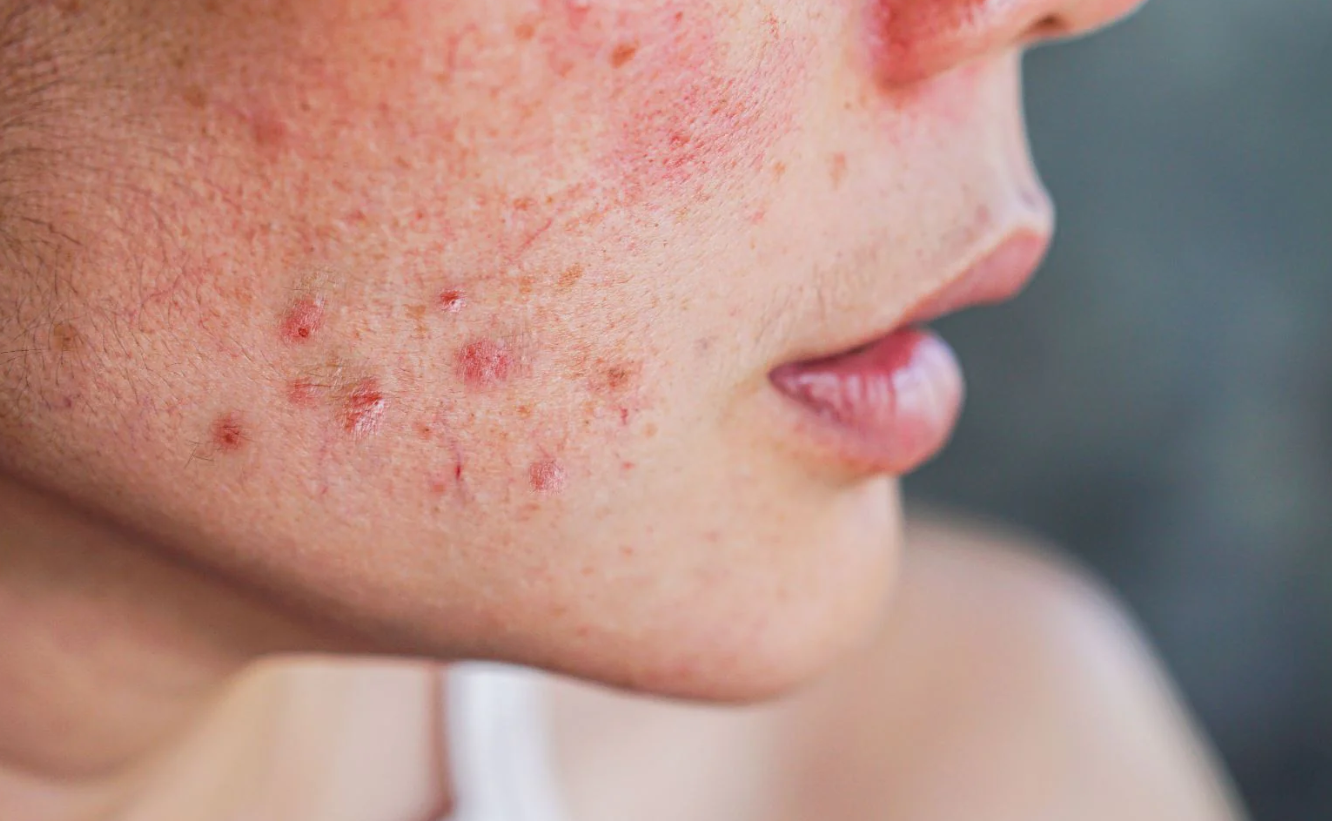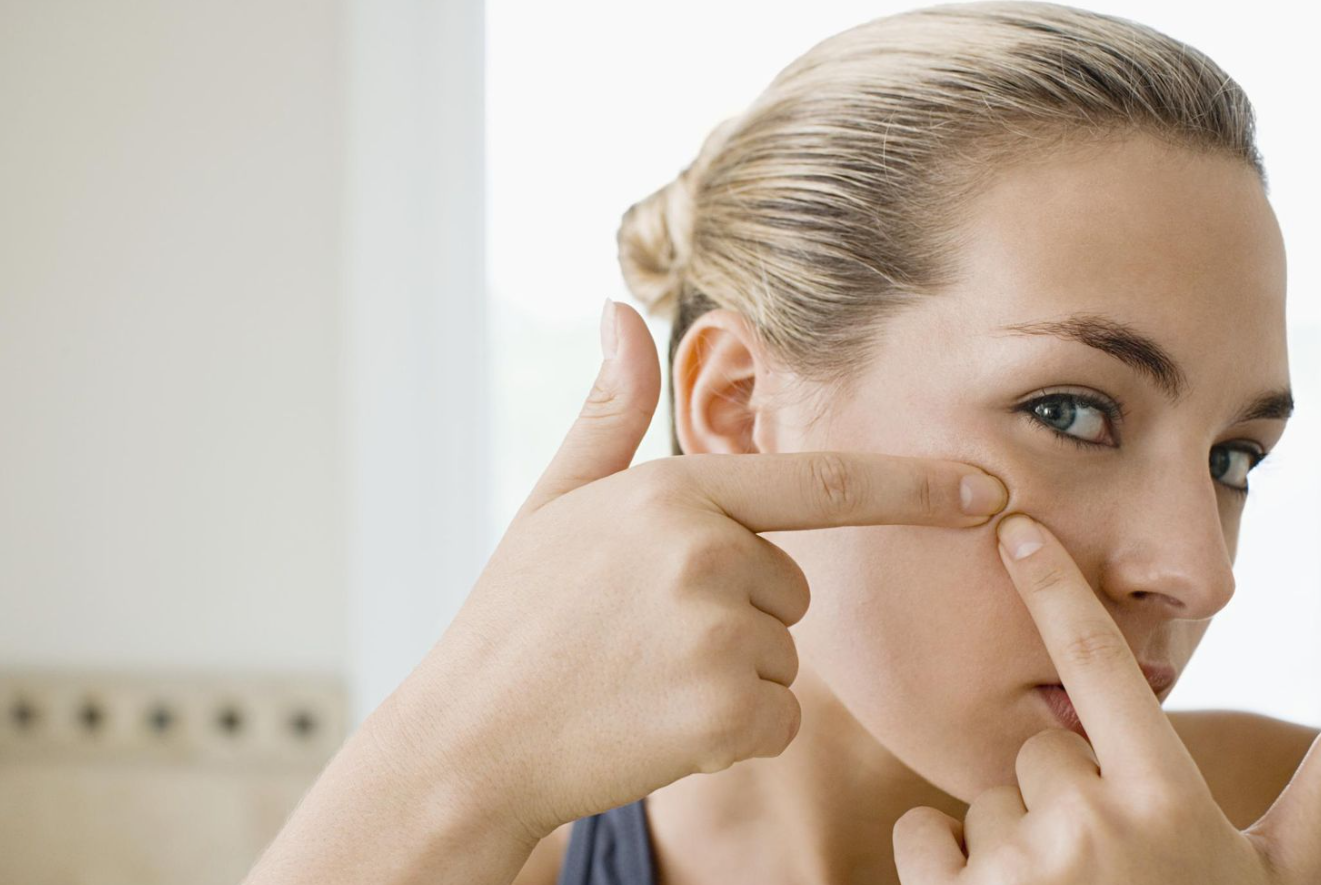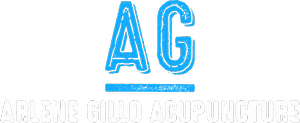Popping pimples may seem like a quick and satisfying solution to getting rid of those unsightly blemishes, but it can actually do more harm than good to your skin. When you squeeze or pick at a pimple, you are essentially forcing the bacteria and pus deeper into the skin, which can lead to further inflammation and infection. This can result in the pimple taking longer to heal and potentially leaving behind a scar.
Additionally, popping pimples can cause damage to the surrounding skin tissue, leading to redness, swelling, and even more breakouts in the future. It can also disrupt the natural healing process of the skin, making it more prone to developing more pimples in the affected area. Overall, popping pimples can worsen your skin condition and should be avoided in order to promote healthy and clear skin. Instead, it is best to let pimples heal on their own or seek professional help from a dermatologist for safe and effective treatment options.

The Risks of Popping Pimples and How They Affect Your Skin
Popping pimples is a common habit for many people, as they believe it helps to get rid of the pesky blemishes on their skin. However, this seemingly harmless act can actually have negative effects on the skin. When you pop a pimple, you are essentially forcing the bacteria and pus deeper into the skin, which can lead to further inflammation and even infection. This can result in a more severe breakout or even scarring.
Additionally, popping pimples can cause damage to the surrounding skin, leading to redness, swelling, and irritation. In some cases, it can even cause the pimple to spread to other areas of the face. Furthermore, repeatedly popping pimples can weaken the skin’s natural barrier, making it more susceptible to future breakouts. It is important to resist the urge to pop pimples and instead opt for safer methods of treating them, such as using topical treatments or seeking professional help. By avoiding the risks associated with popping pimples, you can help maintain healthy and clear skin in the long run.
Effective Methods for Treating Pimples Instead of Popping Them
When it comes to treating pimples, popping them may seem like a quick fix, but it can actually do more harm than good. Instead, there are several effective methods for treating pimples without resorting to popping. One of the best ways to treat pimples is by using over-the-counter acne treatments that contain ingredients like benzoyl peroxide or salicylic acid. These ingredients work to unclog pores and reduce inflammation, helping to clear up pimples without causing further irritation. Another effective method for treating pimples is by using topical retinoids, which can help to unclog pores and reduce inflammation.
Additionally, incorporating a gentle cleansing routine into your skincare regimen can help to prevent pimples from forming in the first place. This includes using a mild cleanser twice a day, avoiding harsh exfoliants, and moisturizing with a non-comedogenic moisturizer. In some cases, prescription medications like oral antibiotics or hormonal treatments may be necessary to effectively treat severe acne.
It’s important to consult with a dermatologist to determine the best course of treatment for your individual skin type and concerns. Overall, by using these effective methods for treating pimples, you can achieve clear, healthy skin without the potential risks and complications associated with popping pimples.

Why Treating Acne is More Beneficial Than Popping Pimples
Treating acne is a more beneficial approach than popping pimples for several reasons. First and foremost, popping pimples can lead to further inflammation and infection of the skin, causing the acne to worsen and potentially leave behind scars. Treating acne with proper skincare products and medications can help to reduce inflammation, unclog pores, and prevent future breakouts.
Additionally, popping pimples can spread bacteria and oil to surrounding areas of the skin, leading to more acne in the long run. By treating acne with a targeted approach, individuals can effectively address the root cause of their skin concerns and achieve clearer, healthier skin over time.
Furthermore, popping pimples can be a temporary solution that only addresses the surface level of the issue, while treating acne holistically can lead to long-term improvements in skin health and appearance. Overall, taking a proactive approach to treating acne through proper skincare, lifestyle changes, and professional guidance can result in more lasting and beneficial outcomes for individuals looking to improve their skin.
Recommended Reading on Acne Care and Skin Health
When it comes to taking care of your skin and managing acne, there are a plethora of resources available to help guide you in the right direction. From dermatologists to skincare experts, there is no shortage of knowledge when it comes to maintaining healthy skin. One recommended reading on acne care and skin health is “The Acne Cure” by Terry J. Dubrow, MD.
This book provides in-depth information on the causes of acne and offers practical tips on how to treat and prevent breakouts. Another great resource is “The Skincare Bible” by Dr. Anjali Mahto, which covers a wide range of topics related to skincare, including acne management, skincare routines, and ingredients to avoid. For those looking for a more holistic approach to skincare, “The Complete Guide to Natural Healing” by Karen Sullivan offers natural remedies and lifestyle changes that can help improve skin health.
Additionally, websites like WebMD and Healthline offer comprehensive articles and guides on acne care and skin health, providing up-to-date information and tips for managing skin issues. By educating yourself on proper skincare techniques and staying informed on the latest research, you can take control of your skin health and achieve a clear, glowing complexion.

Related Articles on Acne Treatment and Prevention
Acne is a common skin condition that affects millions of people worldwide. It can be frustrating and embarrassing, but there are many treatment options available to help manage and prevent breakouts. Related articles on acne treatment and prevention are plentiful on the internet, offering a wealth of information on how to care for your skin and reduce the appearance of acne.
These articles often cover topics such as skincare routines, diet and lifestyle changes, and different types of acne treatments, from over-the-counter products to prescription medications. They also discuss the importance of proper hygiene and regular exfoliation to keep pores clear and prevent bacteria buildup. Additionally, some articles delve into the role of hormones in acne development and offer advice on how to balance hormones naturally through diet and supplements.
Overall, reading up on acne treatment and prevention can help individuals better understand their skin condition and make informed decisions about how to best care for their skin. By incorporating these tips and techniques into their daily routine, individuals can improve the health and appearance of their skin and feel more confident in their own skin.
